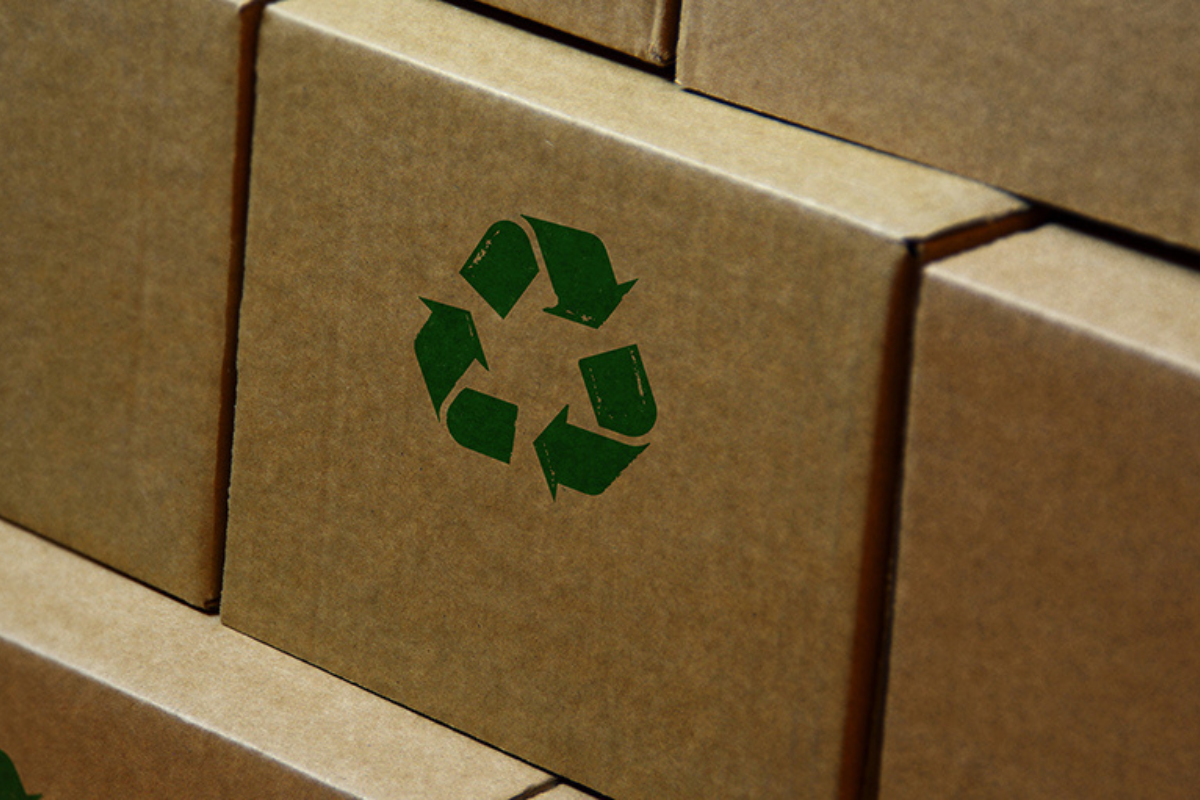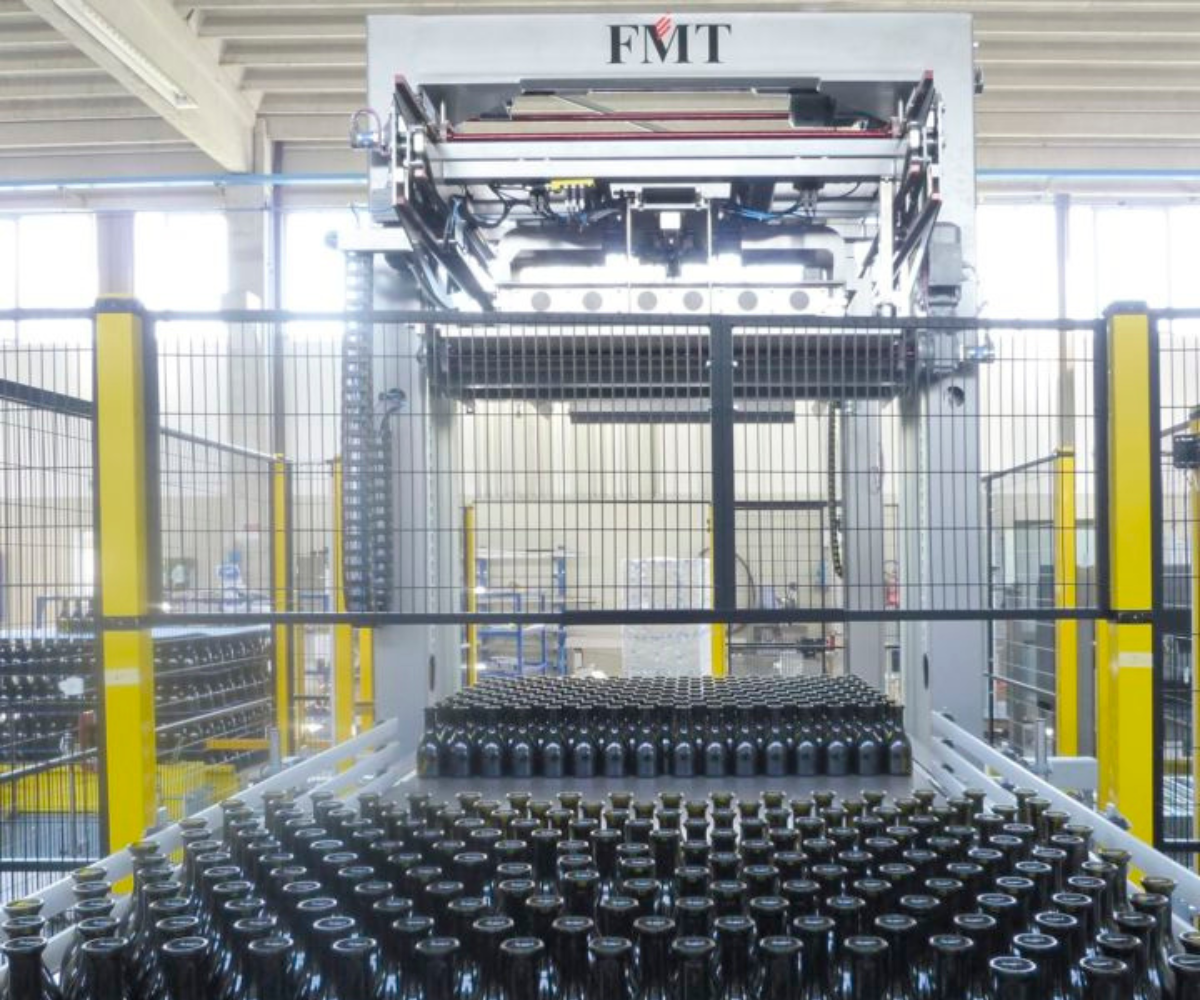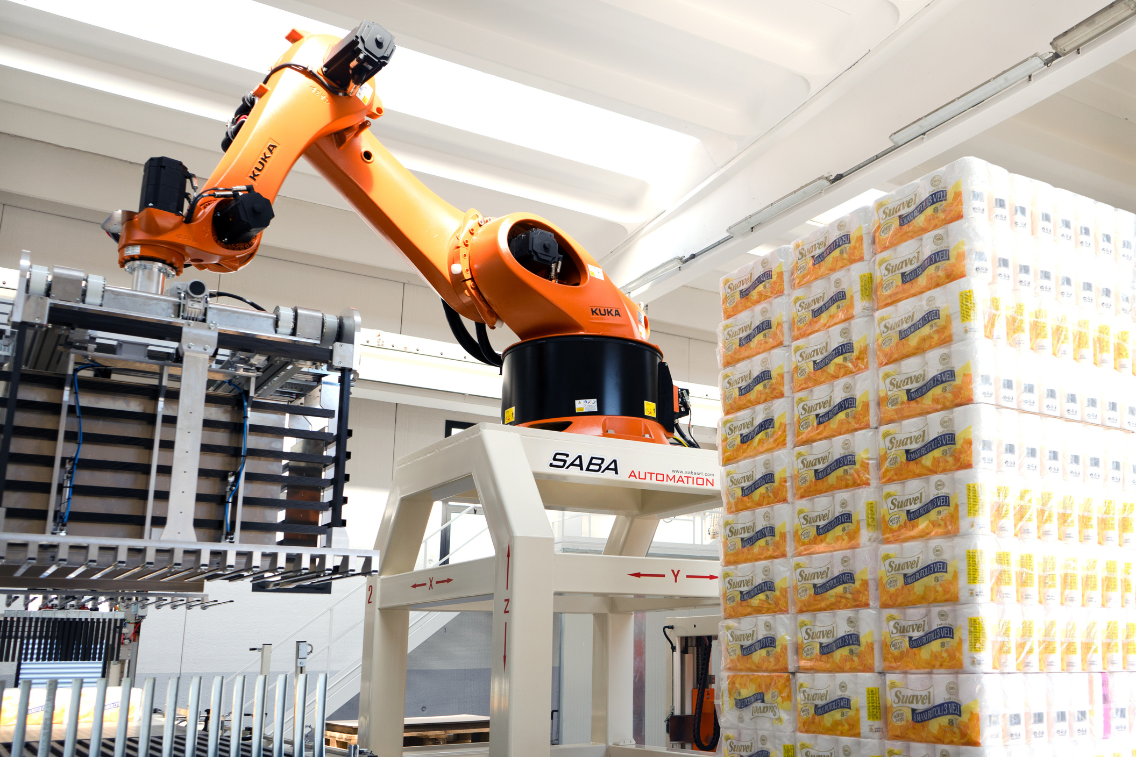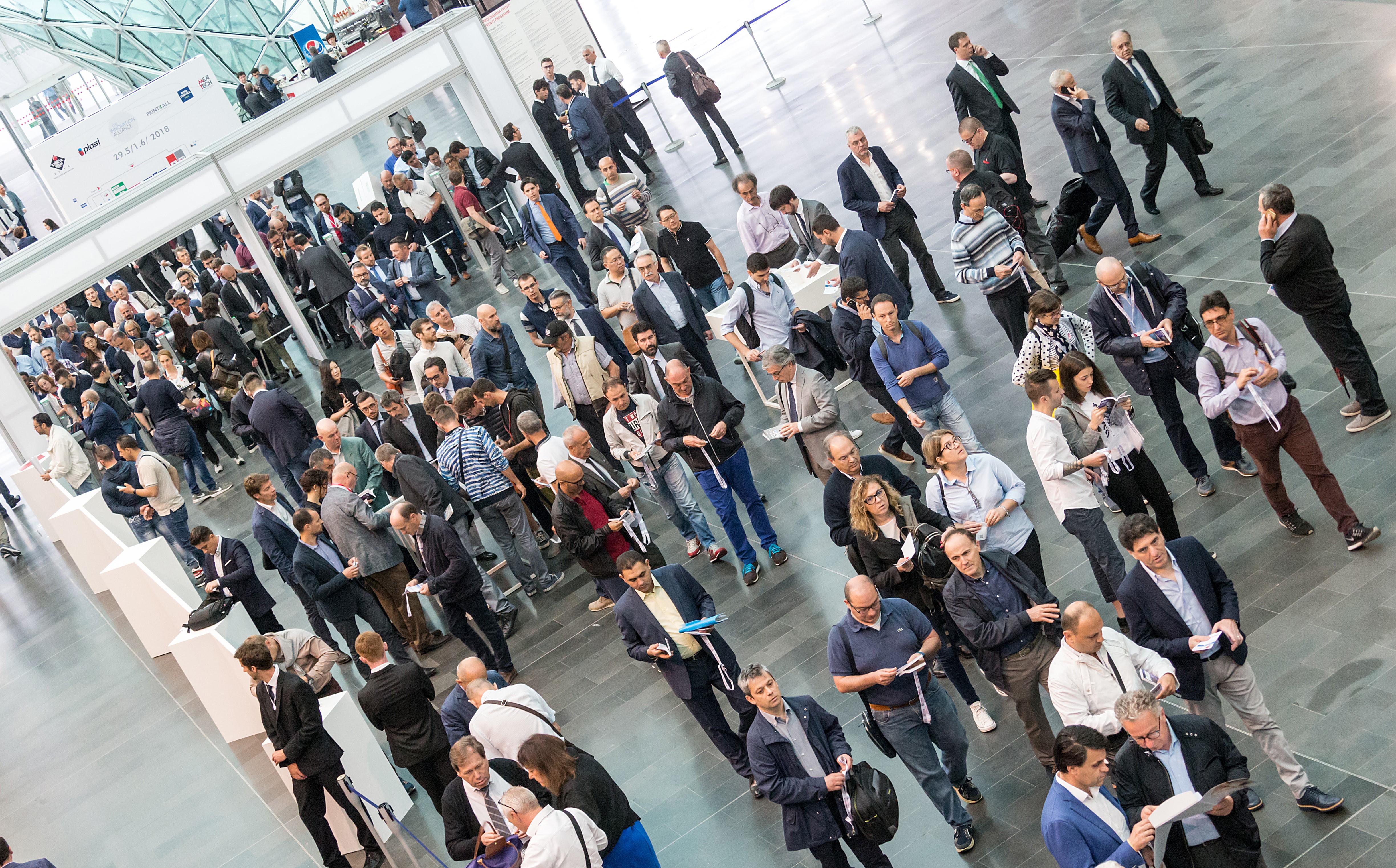Long live the plastic pallet! With Craemer, the life cycle becomes hundred years

Craemer Group specialises in metal forming, plastics processing and tool making. Next to their German headquarters, the family-run company has three additional production sites in Europe and a global network of sales offices and partners.
We discussed with Thomas Goebel, Head of Sales Plastics, the concepts of recycling and sustainability, topics that the company cares a lot about.
What are the prospects leading up to IPACK-IMA 2025?
IPACK-IMA is the fair specialized in food and non-food processing and packaging.
Technology, sustainability and innovation are the focuses for the 2025 edition. IPACK-IMA 2022 represented the synthesis of the best technological solutions in terms of research and innovation.
The Craemer plastic pallet as a relevant component in the field of the supply-chain supports the food and non-food market sector to reduce costs dramatically.
Damages to products caused by splinters or nails or even poor quality pallets and downtimes as a result should not be underestimated. The use of unsuitable pallets leads standstills in automated warehouses
What technological solutions and innovations are you currently working on?
The aim is to develop sustainable pallet solutions that cover complete supply-chains as a standard solution and work in parallel together with already existing structures that have been on the market for many years. A new pallet generation should not force the user to change components in logistics to get them up and running.
The Craemer plastic pallet has to be more or less adaptable to already existing and new processes. This, embedded in a trackable sorrounding, is the challenge. The plastic pallet is a fairly simple product that is embedded in a complex environment.
Sustainability and digitalization: What contribution can your technologies/products make?
Craemer plastic pallets are made from high-quality Polyethylene (PE), the ideal material for multiuse products. Sustainable packaging is an integral part of the 'circular economy’. Eco-friendly pallets and containers are made from raw materials an then regenerated i.e. their material returned into its original state and used again, thus minimizing waste of precious resources – like water and energy – necessary for their production. 1 kg of material in a Craemer plastic pallet for example will first be used in a life cycle of the pallet of over 20 years. Then Craemer agrees with her customers to keep the raw material in the supply chain process by returning the pallets at the end of their lifetime back to the producer i.e. to Craemer. The returnable pallets have a high material vaue for their user and owner. However, coming back to the 1kg virgin material from the first production: in the second life cylce of the pallet, the 1kg can be used as 100 % recycled material with a new lifetime of approx. 20 years – a process that can be repeated for about 20 times and means that 1kg remains in use for 400 years. This is the meaning of sustainability. In the beginning, use the best quality material and product design, and then start the process by keeping the materials handling products under control at all times. What a balance!
This is what makes Craemer products so interesting for pallet and container users these days, because this is only possible with top quality products that are manufactured on state-of-the-art machines in a modern injection moulding company based on sustainable pillars such as low energy consumption, 4.0 industrial processes and wind and solar energy. The difference is clear: fake or retro products and processes will not satisfy our future needs, they will only cause costs. On the other hand, our resources are limited, and we play a risky game „higher and further” in our economic system pursuing the idea of always getting more and more.
Which direction is the market moving in?
Sustainable packaging is becoming a higher priority for both brands and consumers:
100 % renewable and recyclable, reusable, high quality, clever product design, single material, easy to shred. And in order to efficiently and transparently restructure the entire supply-chain with innovative, multiuse load carriers such as plastic pallets and containers, and thus to optimize it decisively both in analog trade and in digital controlling, it is of upmost importance to make quality the key.
Craemer plastic pallets as ‘hub and anchor’ for every movement of goods in the supply chain is its daily challenge. The pallet is a simple product – embedded in a complex environment. The pallet as a cost saver, is not only part of fully automated systems but has to be part of the whole game. Every day it is a ‘silent worker’ without compromising on quality. Warehouses must be operated with minimum standstills. This can be achieved with a well-designed plastic pallet that meets the needs in the logistic field.
The Craemer pallet as a pooling solution in particular benefits from the localization and tracking of each individual pallet by using RFID. The pooling system is supplemented by gate solutions, such as the automatic identification of entire truck loads when they pass through. The pallet becomes a significant intelligent part of the chain. This is total transparency! Where is my pallet, when and where? More and more companies in various industries such as retail, food processing or pharmaceuticals are realising that they have to convert the old pallet structures to a modern system. Focusing on the core business is better than moving and exchanging pallets in an uncontrolled open pool.
.png)




